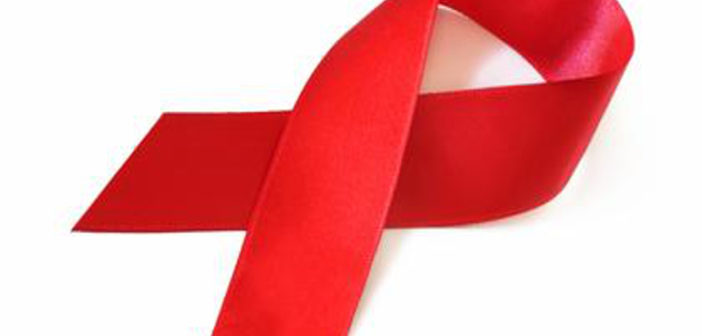By Owen Ryan
International AIDS Society (IAS) is at the fore-front of the global fight against HIV/AIDS. Founded in 1988, the IAS is the world’s largest association of HIV professionals, with members from more than 180 countries working on all fronts of the global AIDS response. IAS’ annual letter is a reminder, an update and a global call for the intensification on the fight against the HIV/AIDS scourge.
Below is the 2017 IAS Letter:
Dear IAS Members and Partners
As 2017 begins, our community is anxious and concerned. Political and societal changes continue to upend our expectations and generate uncertainty about what is ahead of us. We worry about human rights, the plight of refugees and migrants, progress towards gender equality, and the strength of our commitment to each other as human beings.
Deeply wrapped up in all of this is our fight against HIV – a disease that has shown itself adept at exploiting the very changes that seem to be dominating our world.
As corners of the planet shift towards nationalism and xenophobia, we wonder where the future of our global cause lies. Is the progress we have made against the greatest pandemic of our time slipping through our hands?
No, it’s not – at least not yet.
In the midst of this anxiety and uncertainty, we’ve seen action and defiance against rolling back hard-won gains. The millions of people who participated in Women’s Marches around the world in January are proof that apathy doesn’t rule, that a collective determination is there to resist a new world order that demonizes and isolates those in need.
Our movement has shown that we know how to make history, not merely observe or survive it. That is our strength. We are not history’s passengers. We are its conductors.
And let’s remember: 2016 was a remarkable year for our work. In those 12 months: The Global Fund to Fight AIDS, Tuberculosis and Malaria was replenished; the world demonstrated its political commitment at all levels to fight AIDS at the United Nations General Assembly High-Level Meeting on Ending AIDS; and we returned to Durban for the 21st International AIDS Conference (AIDS 2016) for a, yet again, historic meeting on HIV and AIDS.
Continued progress can be seen across our work – in the development of long-acting antiretrovirals; the launch of the first large-scale HIV vaccine trial in southern Africa in nearly 10 years; the more than 18 million people receiving HIV treatment; and growing momentum for the scale-up of HIV self-testing, spurred in part by the World Health Organization’s (WHO) recommendation.
The return to Durban reunited and rejuvenated the AIDS community, reminding us how far we have come from the birth of the treatment access movement in 2000. AIDS 2016 sparked a revitalized union between science and activism led by a new generation of leaders as demonstrated by one of the largest youth participation levels ever seen at an AIDS conference.
But Durban was also a wake-up call. UNAIDS released an alarming report detailing how our prevention efforts have faltered. And a separate report on funding trends gave rise to genuine fears that international donors are moving on from AIDS. These signs of trouble came only weeks after the global community wavered in its commitment to address the needs of key populations at the UN High-Level Meeting.
If 2016 served as a wake-up call from complacency and premature congratulations, 2017 must be the year when the AIDS community confronts our challenges and renews our determination to grasp the historic opportunities that scientific research and community leadership have given us.
This must also be the year we truly join arms with our colleagues in other disciplines. We must align our cause with the TB community as it prepares for the first-ever High-Level Meeting on TB at the United Nations; with the sexual and reproductive health and rights community as it grapples with the reinstatement of the Global Gag Rule; with the hepatitis community as it works to increase access to affordable medicines and reduce mortality to preventable illness; and the cancer community as we together look for a cure to end HIV and cancer in our lifetimes. Finally, we must all as one global health community work to solidify and entrench human rights and social justice in the pursuit of health.
In July this year, we reconvene for the 9th IAS Conference on HIV Science (IAS 2017) in Paris, the home of some of the most important breakthroughs in HIV science. The meeting offers a critical opportunity for our community to resist a world turning inward, and to demand that at this pivotal moment – when we can actually see the light at the end of the tunnel – we must keep faith with the tens of millions of people living with and affected by HIV.
I hope to see you there.
OWEN RYAN is an IAS Executive Director




